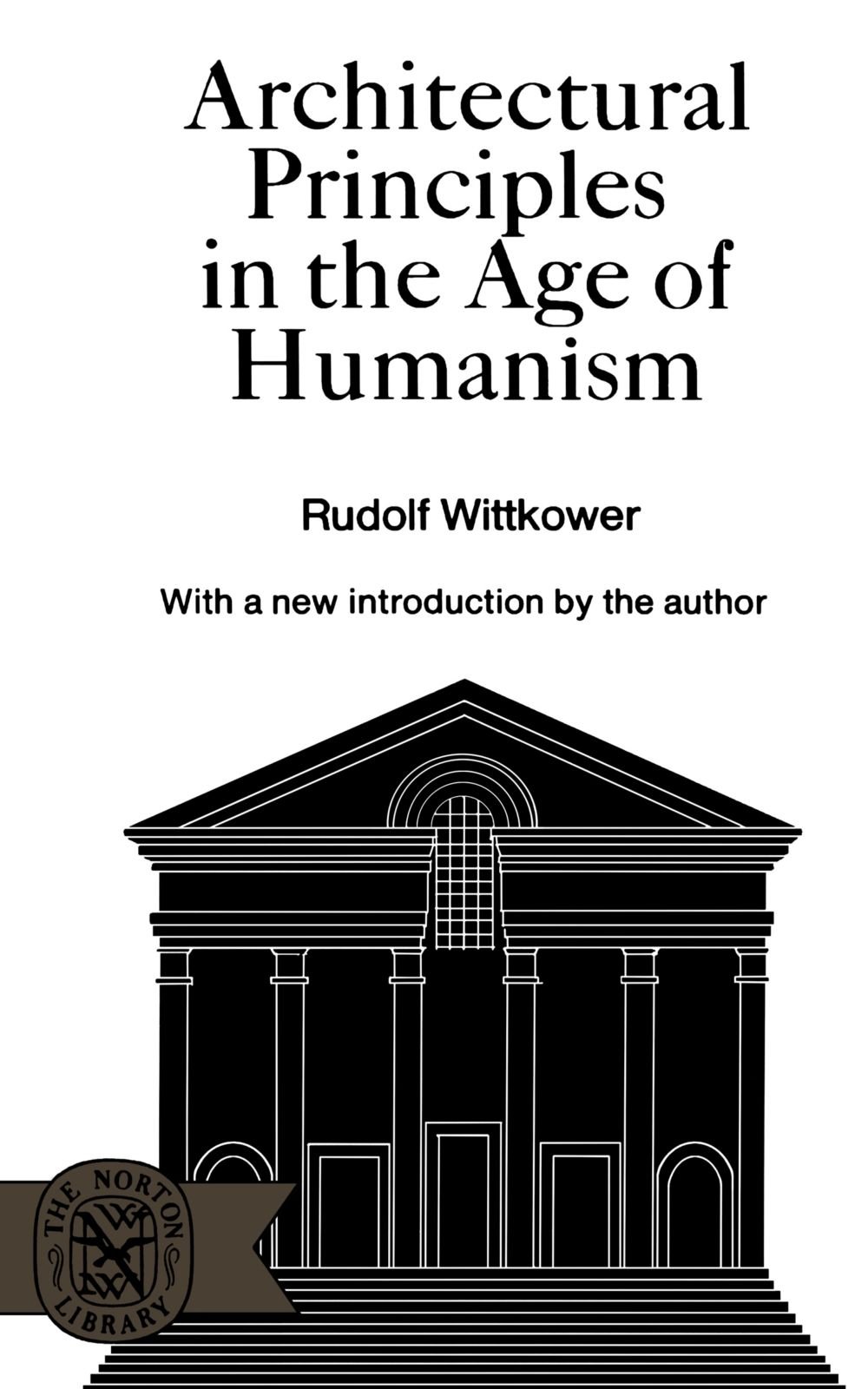Home
1 Manifesto
2 Program
3 Semesters
4 Sessions
5 Authors
6 Guest Curators
7 Events
8 TV
9 News
10 About
11 Search
1 Manifesto
2 Program
3 Semesters
4 Sessions
5 Authors
6 Guest Curators
7 Events
8 TV
9 News
10 About
11 Search
Semester I
ON PERMANENCE
Session 02
14.02.2018
Location: Genossenschaft Kalkbreite, Zurich, CH
ON PERMANENCE
Session 02
14.02.2018
Location: Genossenschaft Kalkbreite, Zurich, CH
TEXT A
Wittkower, Rudolf
1962
Architectural principles
in the age of humanism
London, Alec Tiranti
TEXT B
Powell, Christopher
2010
The shapes of sacred space
PHD dissertation
University of Texas, Austi
Wittkower, Rudolf
1962
Architectural principles
in the age of humanism
London, Alec Tiranti
TEXT B
Powell, Christopher
2010
The shapes of sacred space
PHD dissertation
University of Texas, Austi

TEXT A Text Synopsis
Proceeding from a study of the work of Alberti and
Palladio, Wittkower based the genesis of the architecture of Humanism on a
system of harmonic relationships that placed the proportions of the human body
in relation to those of a building. He thus established a bond between man,
nature, and the universe that was legitimized by the authority of Vitruvius
He attempted to reduce complex projects to a system of mathematical equations, identifying in each building a repetitive but renewable compositional formula.
He attempted to reduce complex projects to a system of mathematical equations, identifying in each building a repetitive but renewable compositional formula.
TEXT A About the Author
Rudolf Wittkower (1901-1971) was born in Berlin and
received his Ph.D. from the University of Berlin in 1923. He is considered a
leading authority on the art and architecture of the Renaissance and Baroque
periods.
TEXT B Text Synopsis
The dissertation of Christopher Powell explores the
fundamental characteristics of a system of geometry and proportion currently
used by Maya house builders and shamans to design vernacular architecture in
indigenous Maya communities. It demonstrates how this system of geometry and
proportion was also used by the Maya of the Classic and Post-Classic periods.
TEXT B About the Author
Christopher Powell is an Archaeologist. He has worked
all over the Maya world, conducting, supervising and directing excavations both
in the ruins and with the modern Maya people.
Powell
ChristopherPowell
ShapesofSacredSpace
Sacred Space
Geometry
Maya
Art
MayaCosmology
Cosmology
2010
UniversityofTexas
Austin
Proportion
Shamans
Design
Vernacular
Archaeologist
Archaeology
Wittkower
WittkowerRudolf
1962
ArchitecturalPrinciples
Principles
Age
Humanism
AgeofHumanism
London
AlecTiranti
Alberti
Palladio
Vitruvius
UniversityofBerlin
Renaissance
Baroque
ChristopherPowell
ShapesofSacredSpace
Sacred Space
Geometry
Maya
Art
MayaCosmology
Cosmology
2010
UniversityofTexas
Austin
Proportion
Shamans
Design
Vernacular
Archaeologist
Archaeology
Wittkower
WittkowerRudolf
1962
ArchitecturalPrinciples
Principles
Age
Humanism
AgeofHumanism
London
AlecTiranti
Alberti
Palladio
Vitruvius
UniversityofBerlin
Renaissance
Baroque